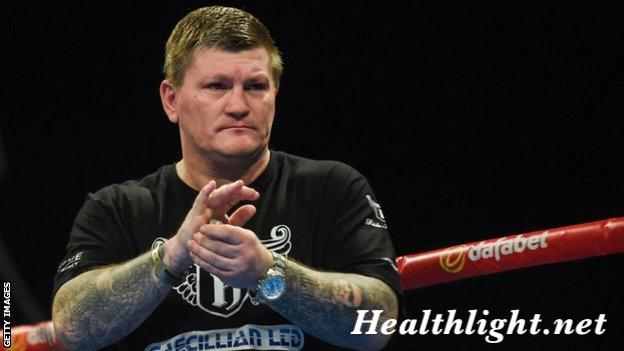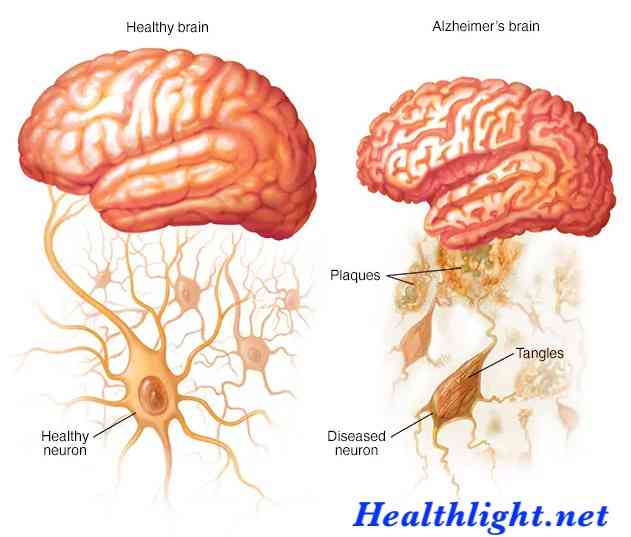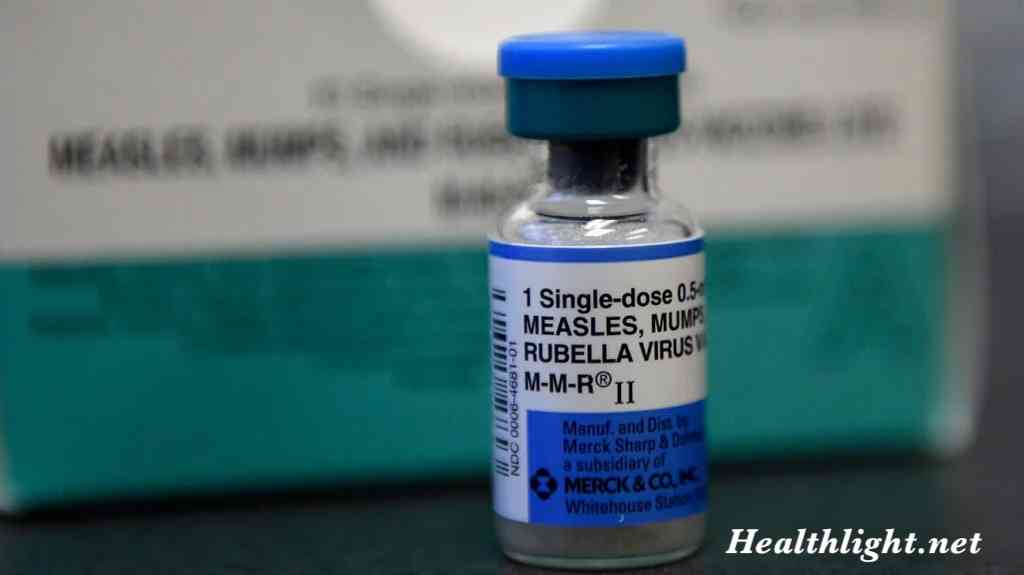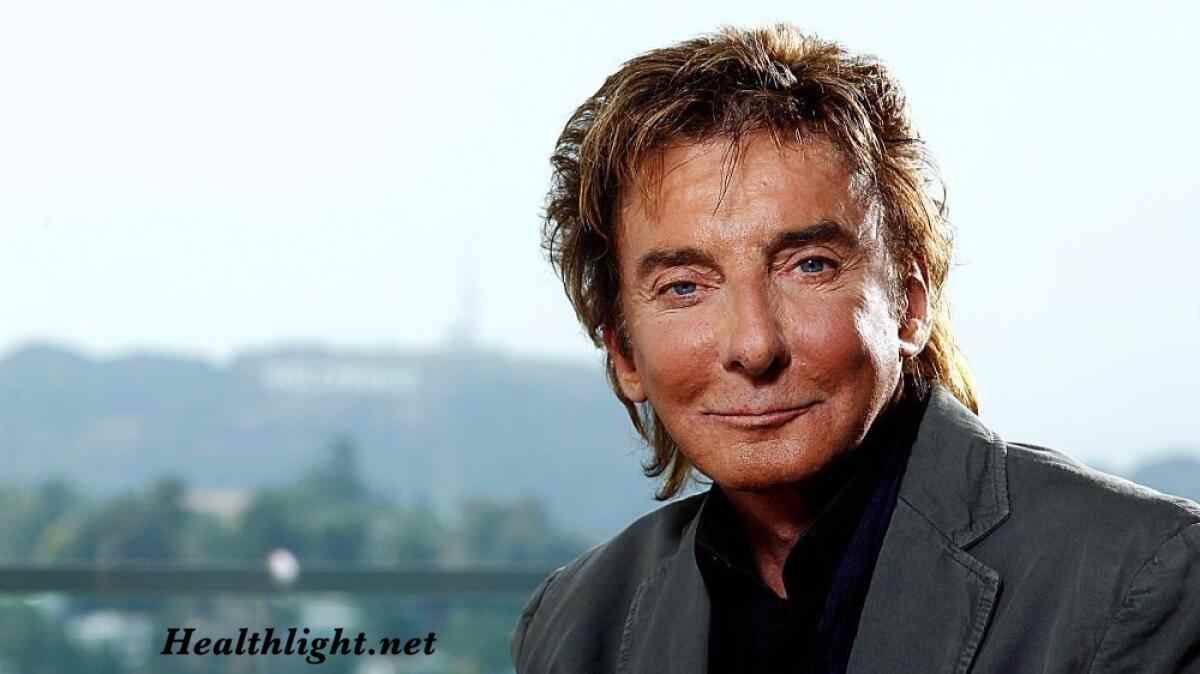Ricky Hatton, born in October 1978, rose to become one of Britain’s most beloved boxers. A two-weight world champion, he was known for his relentless, aggressive style in the ring and a powerful connection with fans from Manchester and beyond.
Following his peak years of success, Hatton began to face serious personal challenges after retiring. His post-boxing life was marred by well-documented struggles with mental health issues, alcohol and substance abuse, depression, and weight fluctuations.
He was candid in interviews about suicide attempts, addiction relapses, and battles with depression sometimes speaking publicly to raise awareness of mental health issues in sport.
Health Recovery Update:
Over the years, Hatton made repeated efforts to get his life back on track. He spoke openly about going through periods of rehab, accepting therapy, and trying to regain a routine.
He also made several comebacks to the ring most famously his 2012 return, which ended in a knockout defeat, but also exhibitions and more recent plans to fight again, showing a desire to refocus on training and discipline.
From available reports, his physical health was hit and miss. Hatton experienced the “yo-yo” effect of extreme weight gain and loss, placing considerable strain on his cardiovascular system, joints, and metabolism. His lifestyle once intensely athletic and regimented during training, later more erratic contributed to swings in health status.
Mental health and addiction pressures undoubtedly magnified physical health risks, as is often the case with retired athletes who lose the structure of competition and training.
Planned Comeback and its Possible:
In mid-2025, Hatton announced a return to professional boxing for December, aiming to face Eisa Al Dah in Dubai.
He publicly framed the comeback as not just a sporting venture, but a way to revive his sense of purpose, restore training discipline, and re-engage with something he loved.
That said, reports suggested that Hatton had struggled with injuries and inconsistencies in training. There was concern among fans and commentators that attempting a serious fighting return at age 46, with prior health and lifestyle instability, carried significant risks.
A social media post shortly before his death showed him training in his home gym running on a treadmill and working with punch bags indicating he was trying to stay active until the end.
Tragic Outcome:
On 14 September 2025, Ricky Hatton was found dead at his home in Hyde, Greater Manchester. He was 46 years old.
Greater Manchester Police stated that the death was not being treated as suspicious, and they arrived following a call from a neighbor.
As of the latest reports, a definitive cause of death has not been made public. However, many commentators have noted that Hatton’s lifelong struggles with mental health, addiction, and the physical wear and tear from decades of fighting could have contributed.
Multiple news analyses have speculated that Hatton’s health battles both physical and psychological were extensive and long-standing, and that his death may unfortunately be the culmination of years of cumulative stress on his body and mind.
Reflections and Lessons:
Ricky Hatton health story after the ring is a powerful example of the lasting impact that high-level sport can have on athletes, especially boxers:
Physical Toll of Fighting:
Years of weight fluctuations, repeated hard training, head trauma, and extreme dieting can contribute to long-term health issues, from cardiovascular strain to neurological impairment.
Mental Health Risks Post-Retirement:
Hatton’s openness about depression, addiction, and suicidal thoughts underlines a key problem for many retired fighters. Losing the routine, identity, and support network that competitive sport provides can be destabilizing.
The Danger of Comeback Culture:
While Hatton was clearly motivated to make a positive change through returning to training and fighting, doing so late in life, after periods of instability, poses real health risks—especially when chronic issues are already present.
Public Discussion Helps, but doesn’t Erase Risk:
Hatton’s candidness about his struggles helped reduce stigma and gave hope to many struggling athletes or fans. Yet candid discussion alone does not always resolve the underlying health challenges, which often require sustained medical, psychological, and lifestyle interventions.
The Challenge of Fighting on all Fronts:
Hatton seemed to understand that his greatest fight might have been outside the ring that taking on mental health, addiction, and physical recovery was as critical as any opponent. His final efforts to re-train and refocus can be seen in a bittersweet light: hopeful, yet poignantly unfinished.
Final Thoughts:
The death of Ricky Hatton is deeply sad for the world of boxing and for fans everywhere. It shines a harsh spotlight on the vulnerability even of the most famous and revered athletes. Hatton was never just a boxer he was a beloved character, a fighter with heart, and someone who tried, repeatedly, to come back from adversity.
In many ways, his life after the ring was a new kind of fight a quieter, harder, but no less serious struggle against demons that can haunt anyone. His story reminds us that adulation and success don’t always shield a person from enduring pain and that the fight for health and wellbeing can be as important as any title bout.
If you want, I can expand further on specific aspects of his health history or look up whether a formal cause of death has since been reported.







